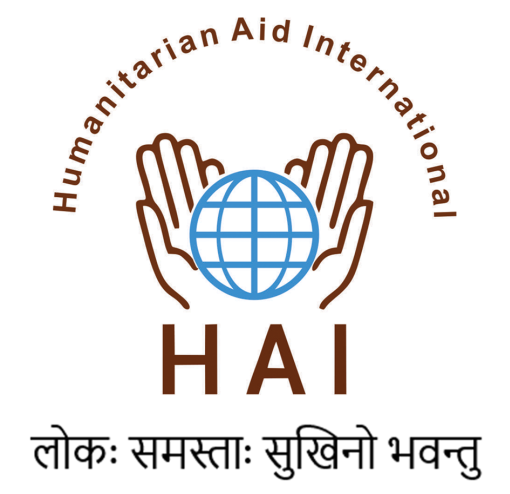Local and national actors are often the first responders to disasters. Yet they come to disadvantageous situation when it comes to accessing funds. They are often used as ‘cheap implementer’ by the international actors, who neither given they due overhead cost, nor due visibility in their media publication. The same was experienced during flood response in South Asia in 2017.
One of the eight points of Charter for Change makes it necessary for the signatories to give due visibility to their partners in media publications. However, that was overlooked. HAI took it up with international media, and thankfully it caught attention of NPR, which not only interviewed HAI but other Southern actors too on recommendations of HAI. The full report, containing the interviews, could be read here.
